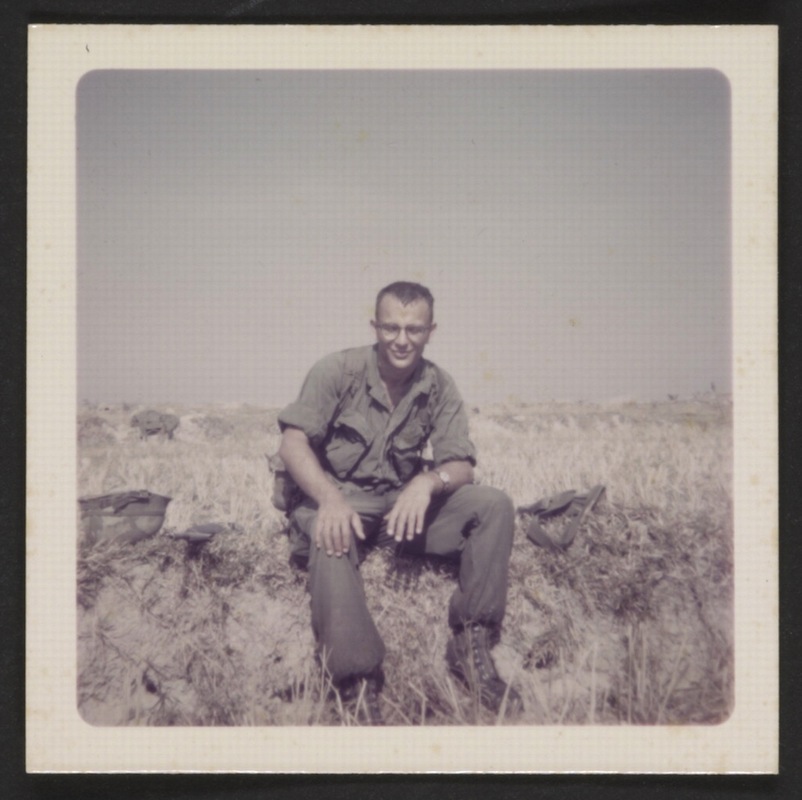
On June 19, 1970, Dennis Keith Martin, a U.S. Army Corporal stationed in Vietnam, wrote a letter to his grandparents. “We are hearing a lot of rumors that the 25th Division or at least part of it will be the next to be withdrawn,” he wrote, at the close of the two-page note. “We are all hoping to be involved in it but I am certainly not going to hold my breath.”
Martin was killed in action that July. Monday will be the 44th Memorial Day since then. But his letters and photographs, like the one seen here, are very much alive.
That’s because Martin’s sister, Barbara, donated them to the Veterans History Project (VHP) of the American Folklife Center at the Library of Congress, which has made them available online. The VHP was created by an act of Congress and signed into law by President Bill Clinton in 2000. In the 15 years since, the project has collected nearly 100,000 oral histories from veterans and their families, as well as the families of those remembered each Memorial Day. More than 15,000 of those stories and documents, the first-hand accounts of conflicts from World War I to the present day, can be accessed online.
“I feel like my brother’s experience, like so many other thousands, millions, of people in warfare—it’s such a great loss, and what for? Seeing his letters there it gives some meaning to what happened,” Barbara Martin, who is now a musician in Waynesboro, Va., says. “I think that a lot of times people have a skewed viewpoint of what war really is. I think anything that can show people this is what it really is, this is the horror of it, this is the reality of it, is a very good thing.”
The VHP has done just that for people like Hetal Shah.
Photographic Memories of a Vietnam Veteran
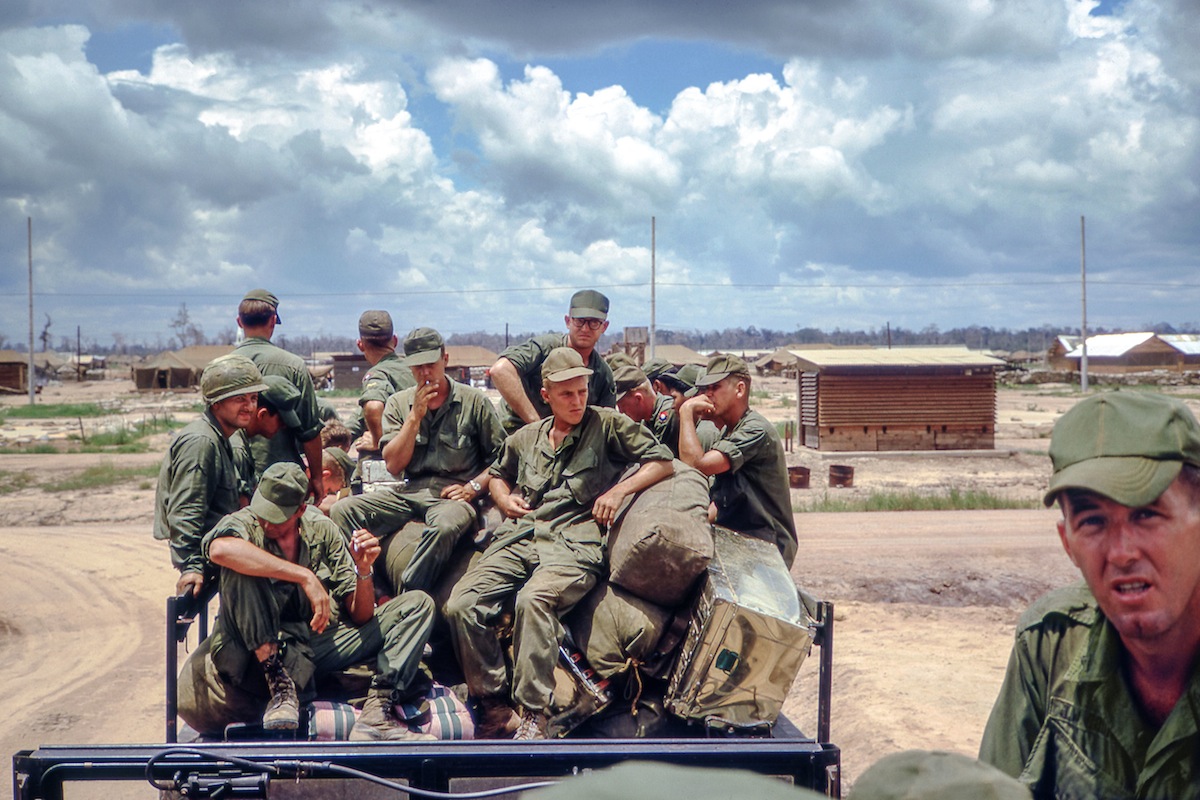
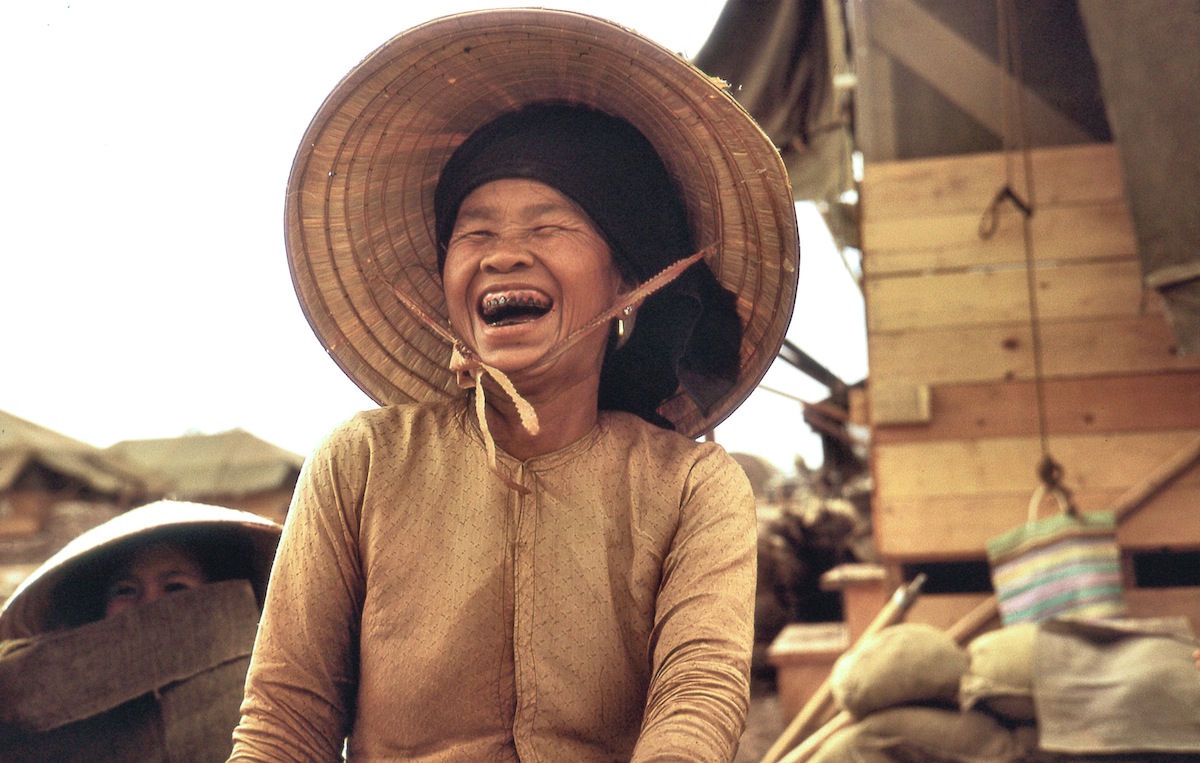
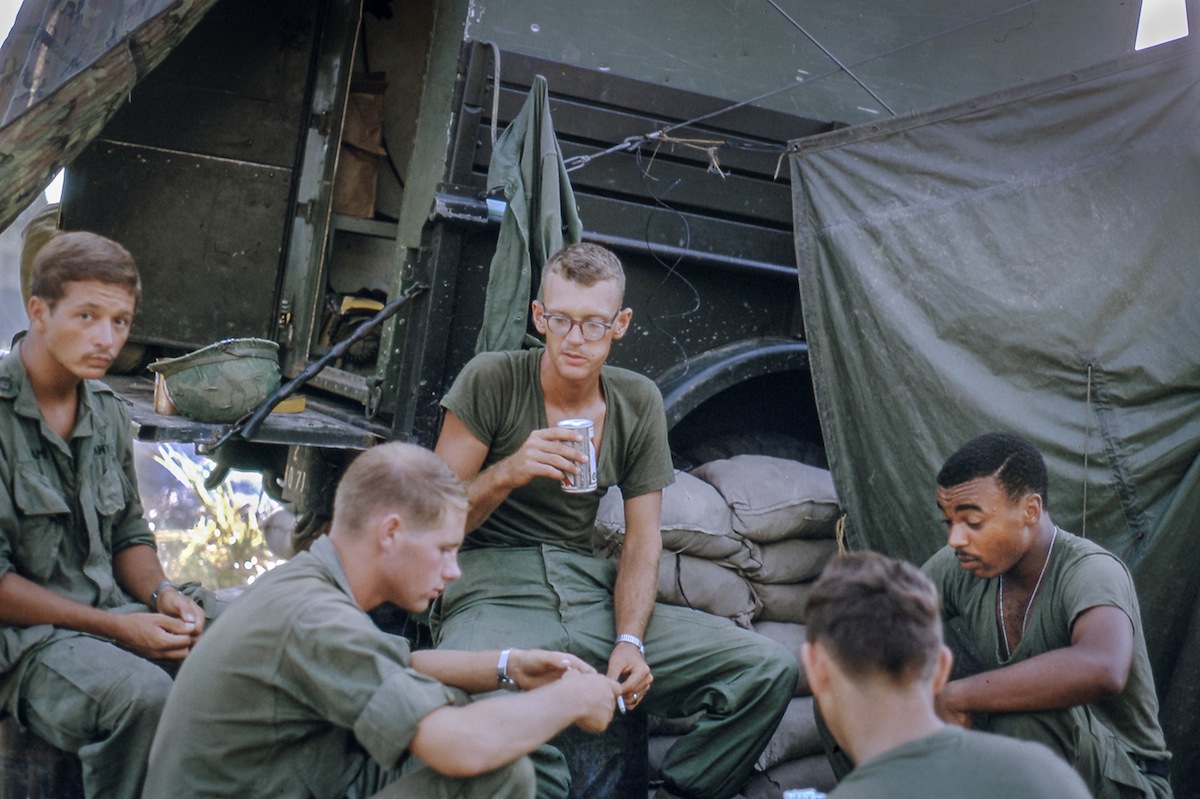
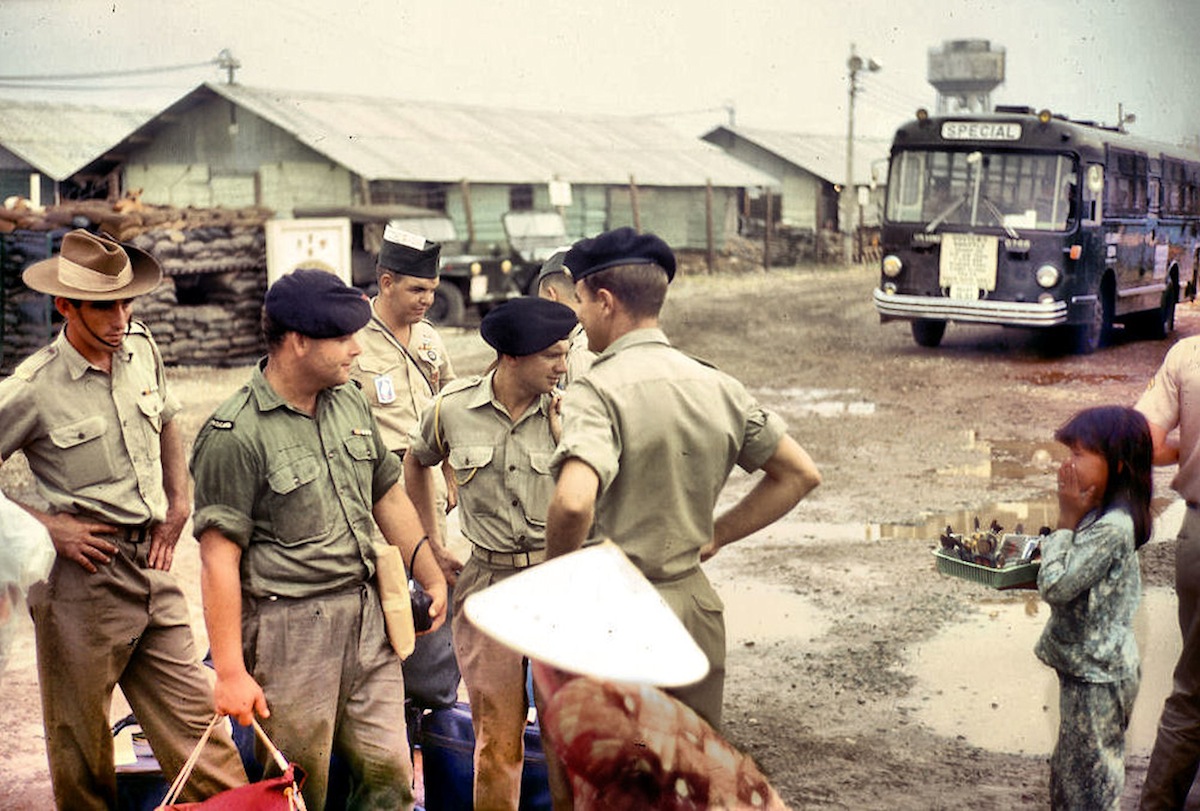
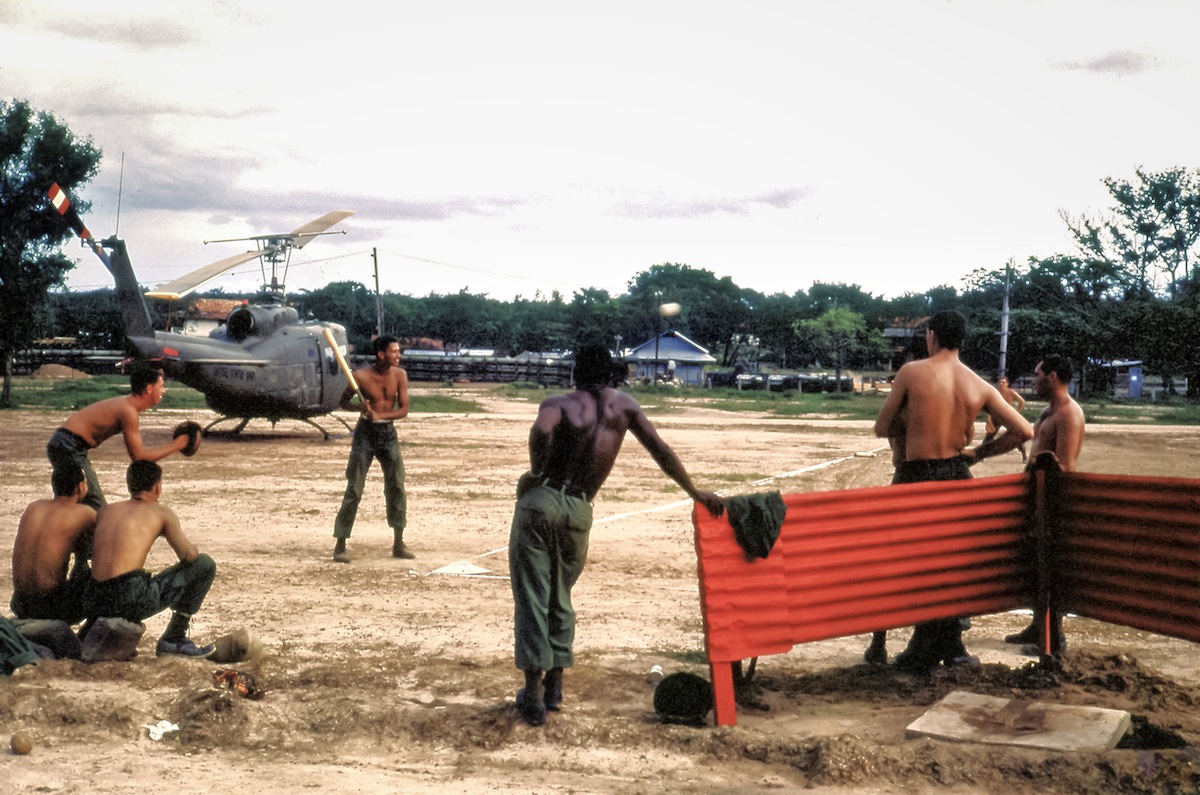
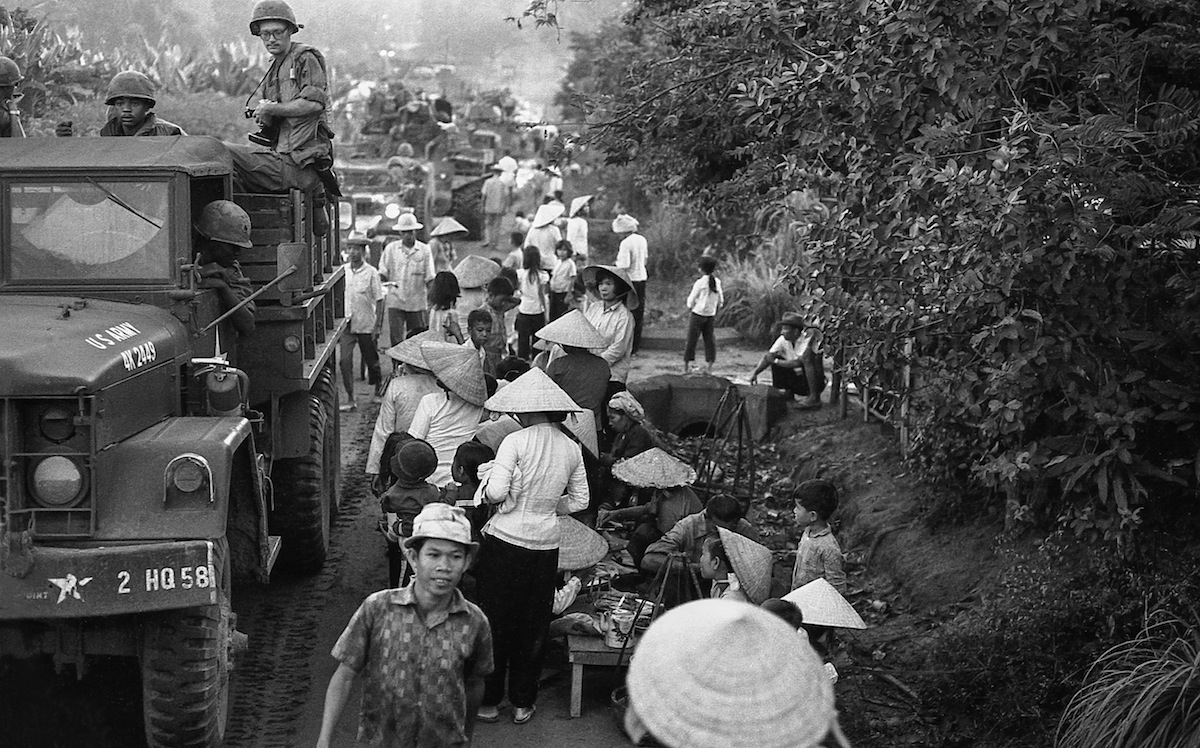
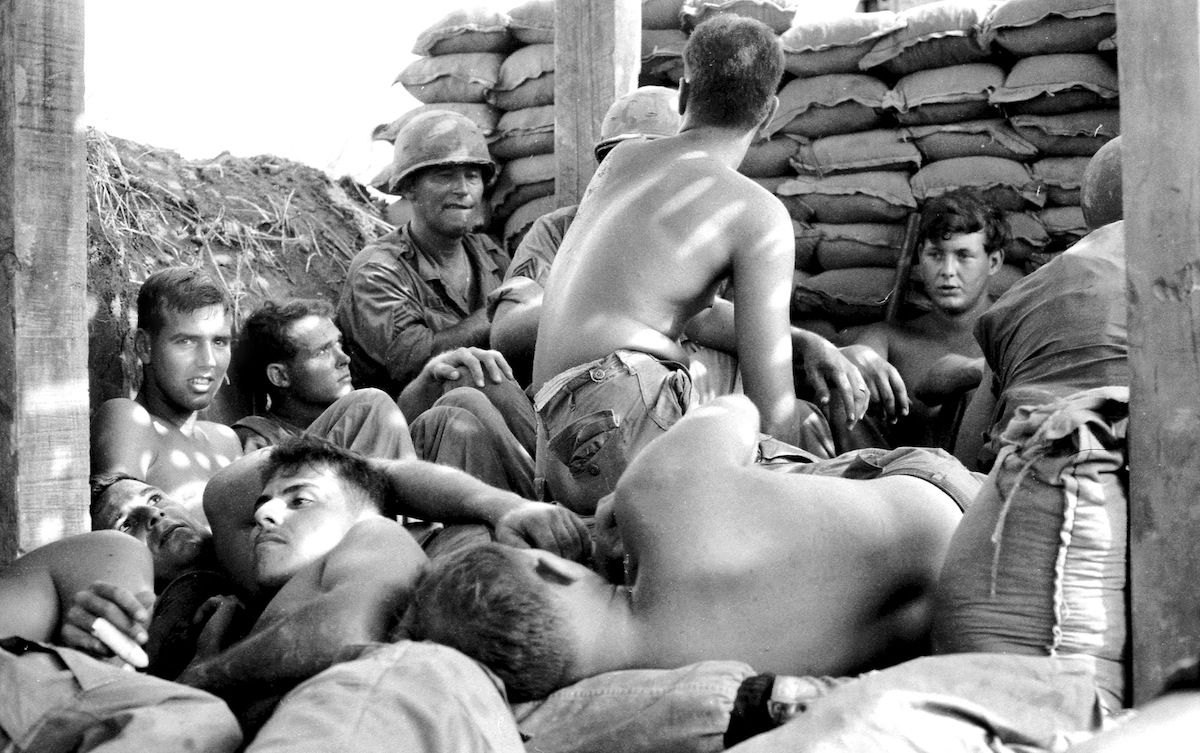
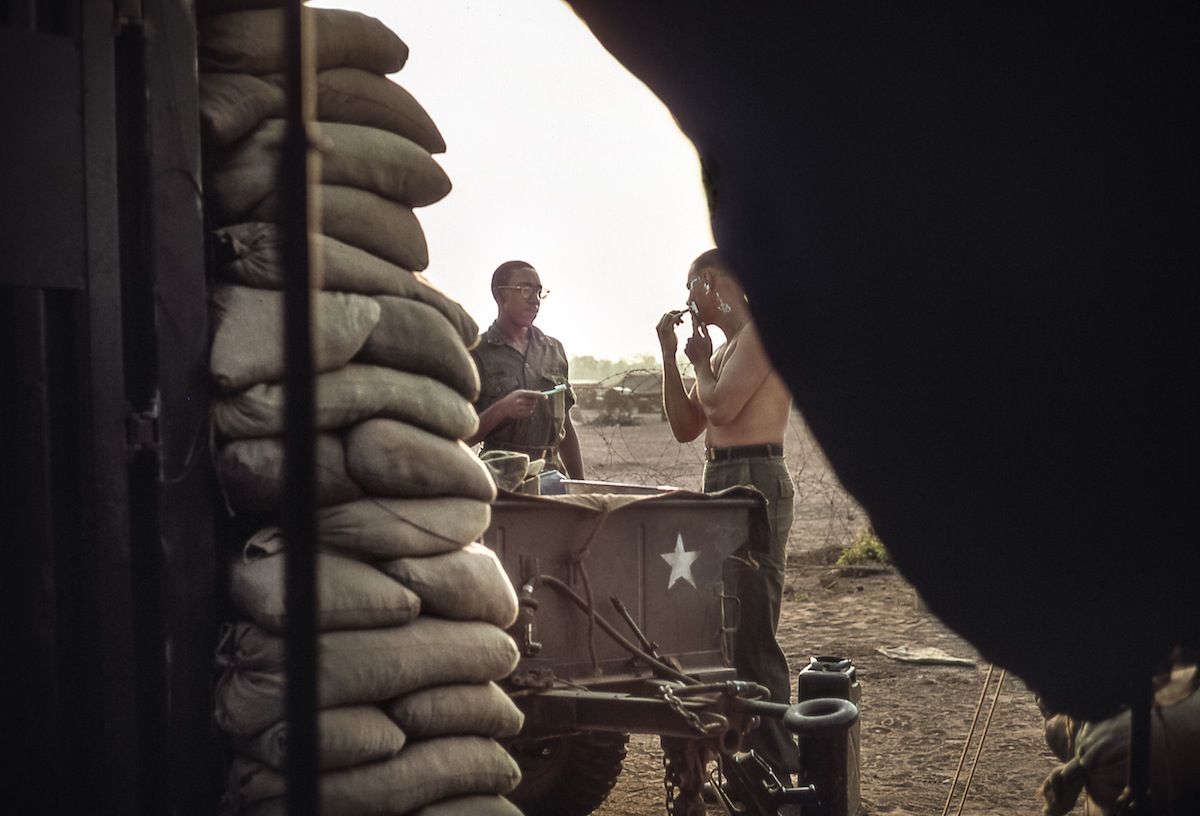
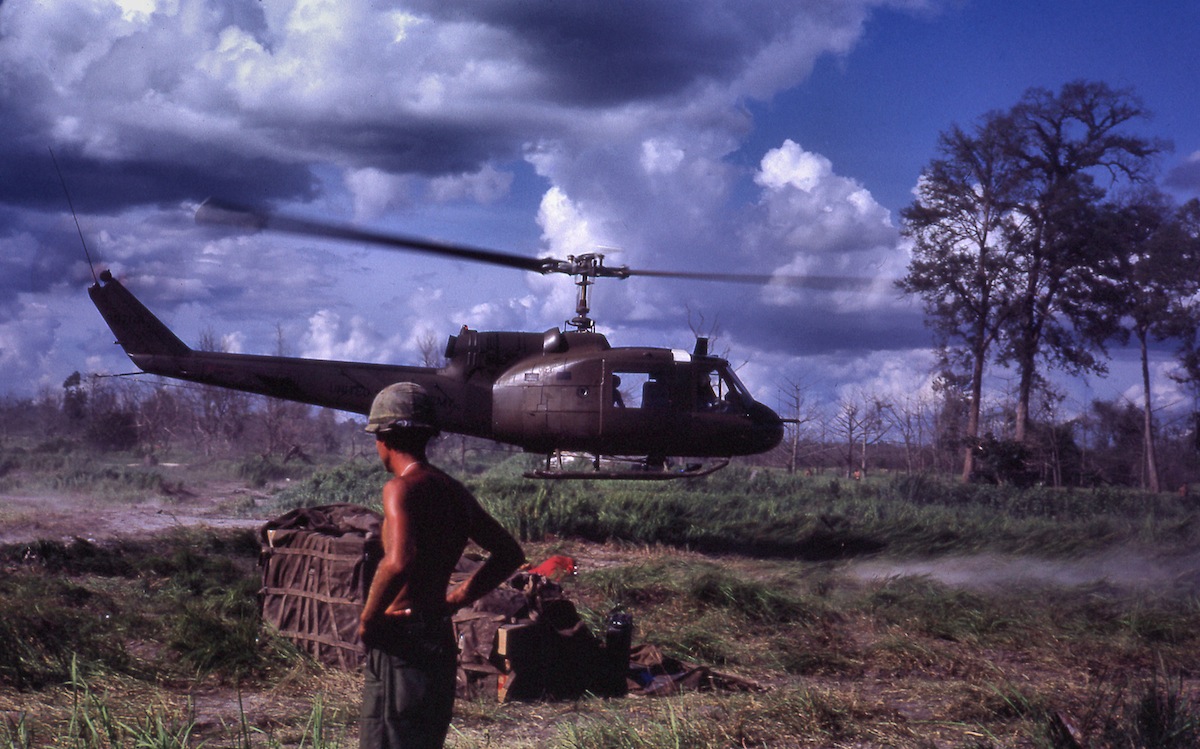

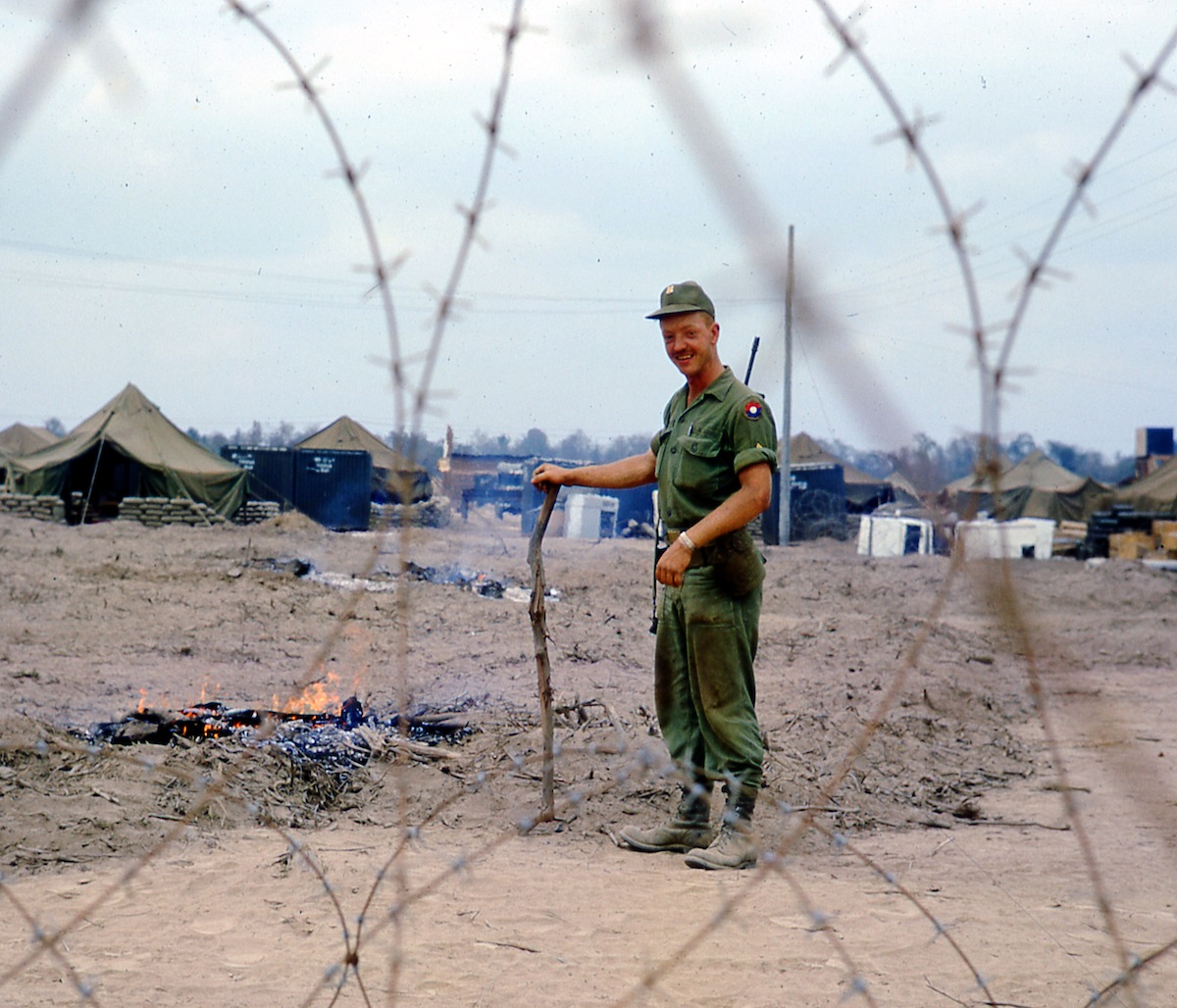
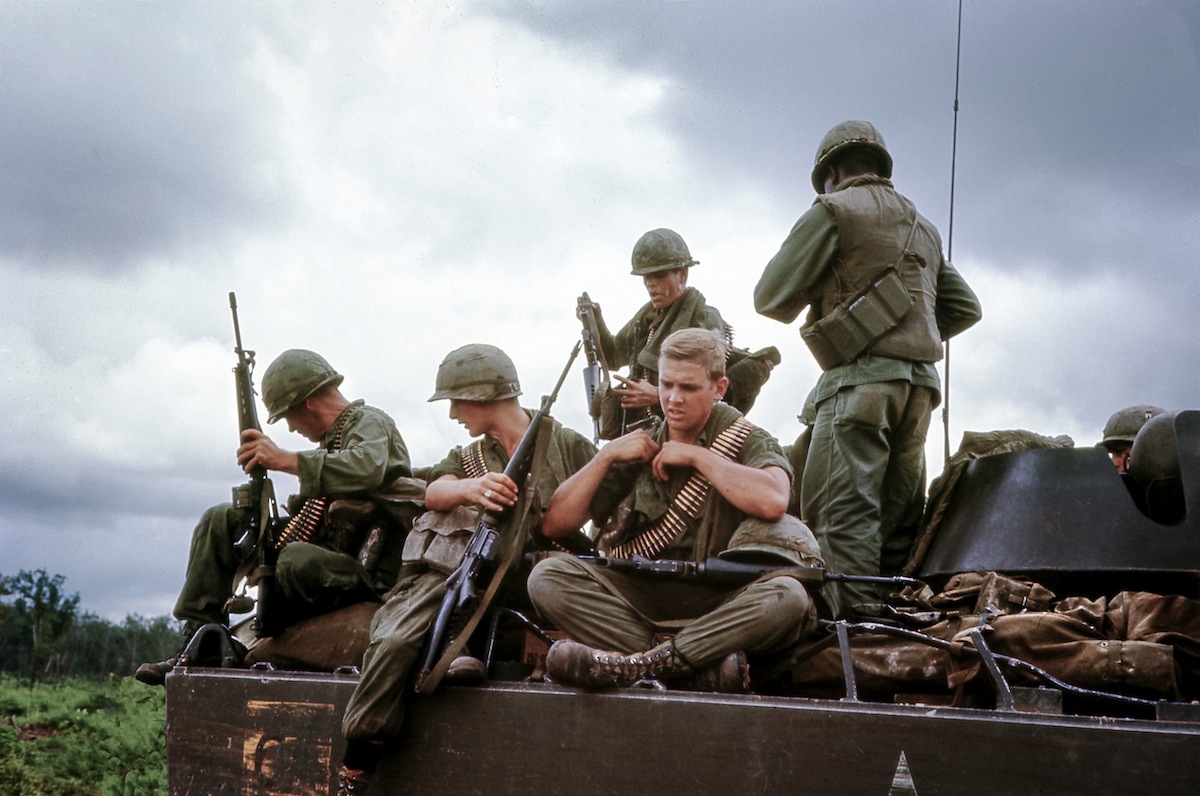
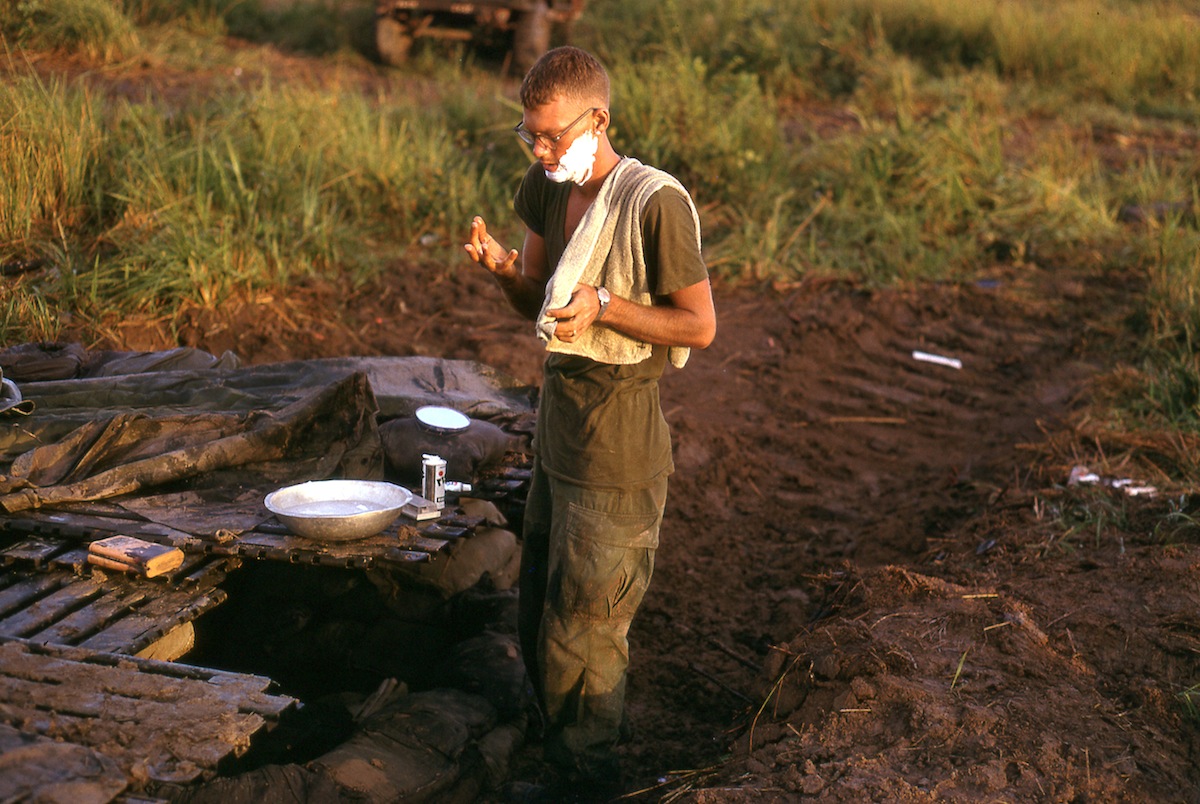
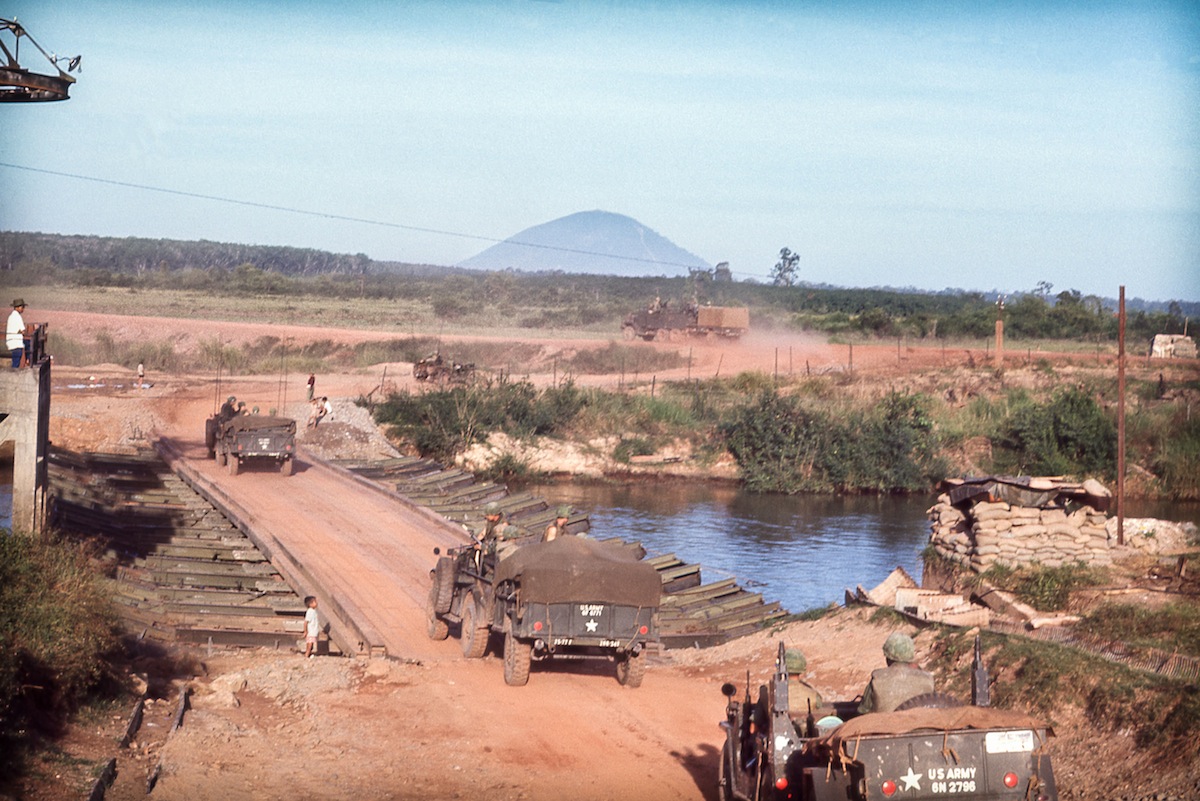
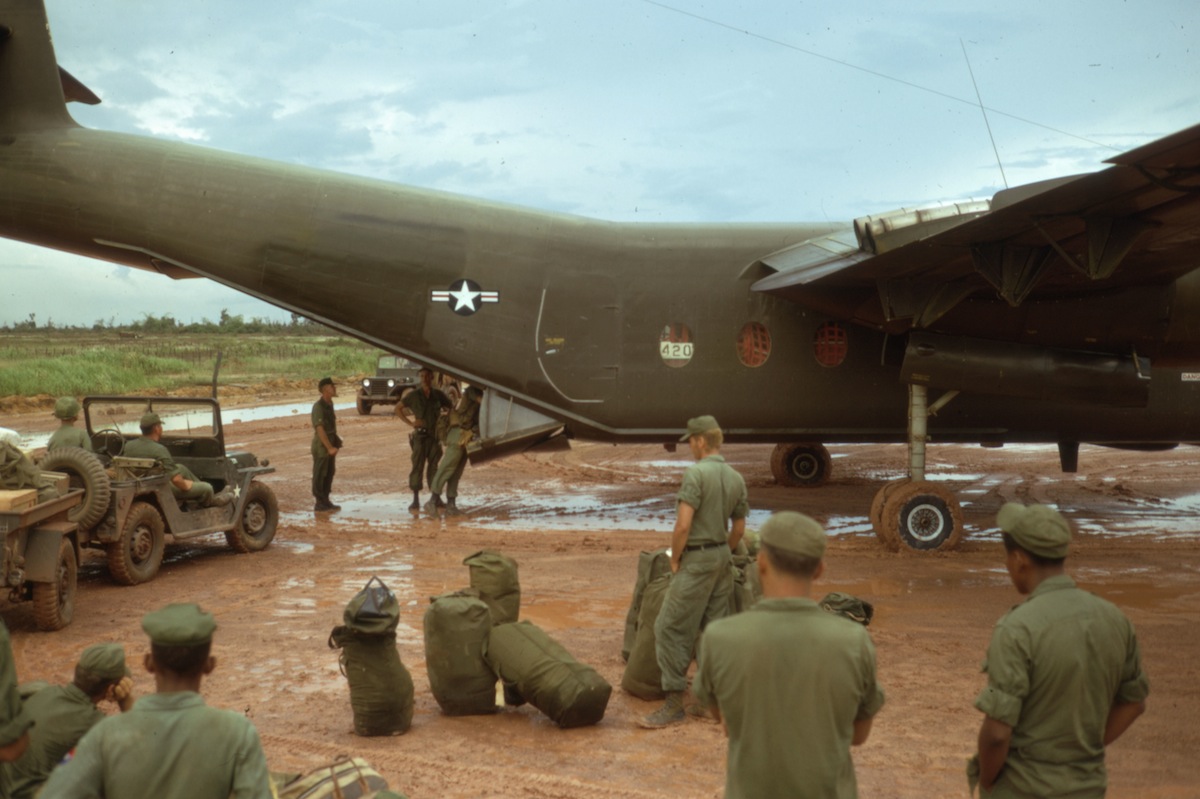
Shah is a 19-year-old college student in Aliso Viejo, Calif., who has been volunteering to collect oral histories for the VHP since she was 15. (Anyone can do those interviews, by downloading the how-to kit from the Library of Congress). The very first interview she did for the project was with a World War II vet who told a story of deciding not to shoot a hungry Japanese man despite orders to shoot the enemy on sight.
“When he was saying this story he was crying, not because of the man’s situation but rather because he disobeyed the orders of his commander,” Shah recalls. “That’s when it really hit me how complex war is for soldiers and all the people involved. He mentioned his family and all the struggles they faced while he was away. It made war more complex for me and it gave me all of these different perspectives that I could never learn from my history class.”
Shah has come to see her VHP interviews as something of an urgent mission. The stories of World War I that have made it to the VHP have done so through family members, the same way the stories of men and women like Dennis Martin, who were killed in action, got there. But those veterans who made it home from war are full of stories that have yet to be collected.
“I’ll never get to hear the story of a World War I veteran from his or her point of view. We lose that every time that veteran passes on, we lose their stories with them,” she says. “If veterans are not interviewed before they pass on then no one else will be able to get that same perspective and story from them. It’s very important for us to continue doing this project so that everybody, no matter when it was in history, can know how it really was.”
Her message is exactly what the VHP’s backers hope the project offers. “It’s a resource for the country in the sense that it gives us a way of tying into and understanding the experiences of Veterans, as we think about the country, as we think about the future, and as we think about future military engagements,” says William “Bro” Adams, who is chairman of the National Endowment for the Humanities—which is partnering with the Library of Congress to encourage veterans and the families of those killed in action to get involved with the project—and also a Vietnam veteran whose own stories are now part of the VHP archive. “These kinds of stories really give you a sense of things that no other form of recollection can give you.”
More Must-Reads from TIME
- Cybersecurity Experts Are Sounding the Alarm on DOGE
- Meet the 2025 Women of the Year
- The Harsh Truth About Disability Inclusion
- Why Do More Young Adults Have Cancer?
- Colman Domingo Leads With Radical Love
- How to Get Better at Doing Things Alone
- Michelle Zauner Stares Down the Darkness
Write to Lily Rothman at lily.rothman@time.com